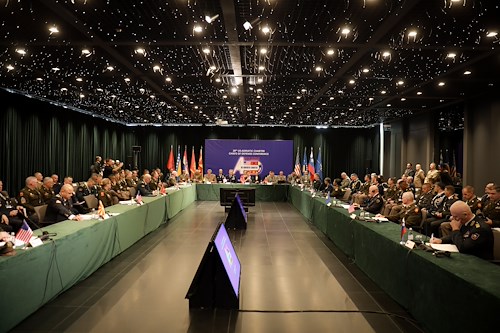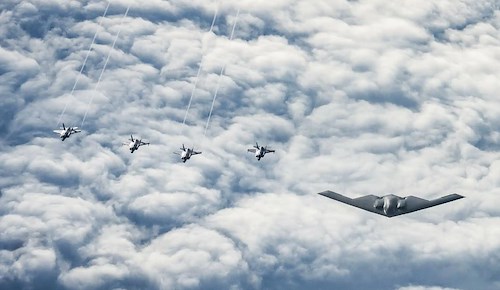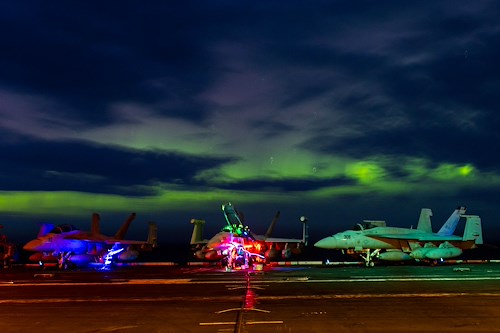United States European Command
Media Room
From the Media Room
Articles
Our latest news all in one place
Press Releases
Our official press releases
Images
Browse the latest images from EUCOM and our partners
Videos
Browse the latest uploaded videos
Documents
Factsheets, posture statements, and more
Transcripts
Catch up on speeches from our leaders both past and present




